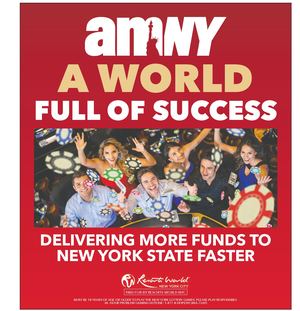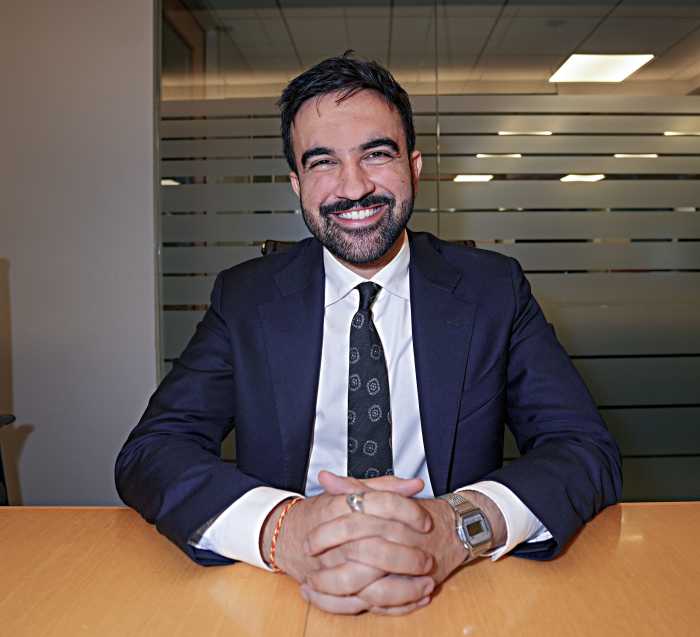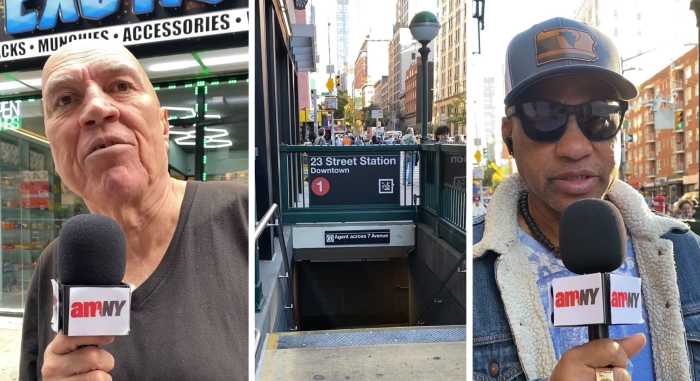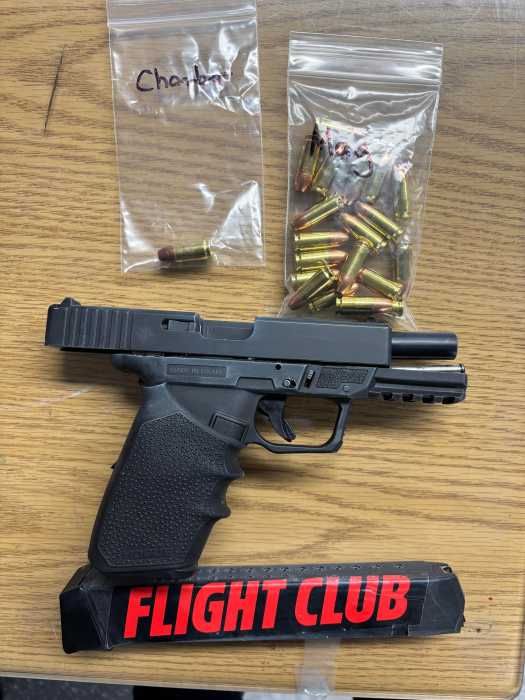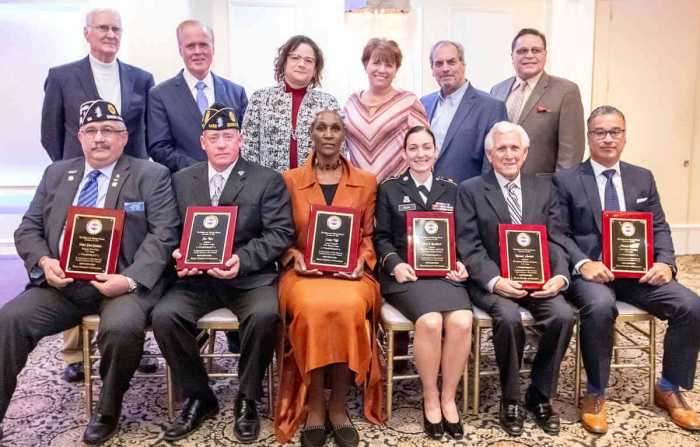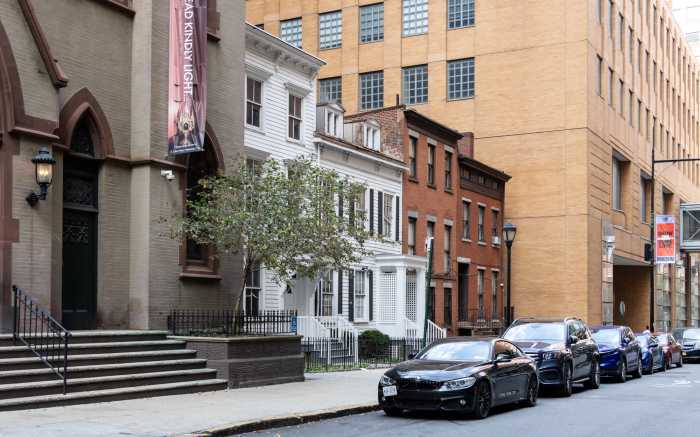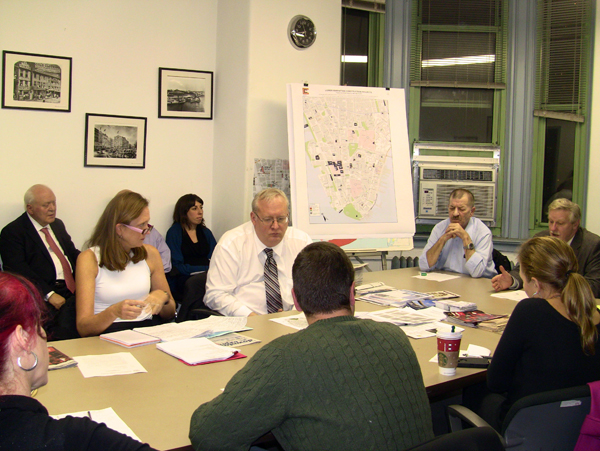
- Members of the C.B. 1 Financial District Committee passed a unanimous resolution on Dec. 7 opposing the relocation of a Gramercy Park-based methadone clinic to 90 Maiden Lane. Photo by Cynthia Magnus
BY CYNTHIA MAGNUS | Members of Community Board 1’s Financial District Committee voted unanimously on Dec. 7 to draft a resolution opposing the relocation of a 40 year-old Gramercy Park-based methadone clinic to 90 Maiden Lane.
The strong opposition from the board members, and from residents that showed up to voice concerns over the proposed move, persuaded the clinic, which currently serves approximately 350 patients, to drop the planned relocation.
Worried neighbors, and representatives of local elected officials crowded the C.B. 1 meeting room to listen to a presentation by Ronald Vlasaty, the Chief Operating Officer of Illinois-based Family Guidance Centers, which includes the Gramercy Park Services substance abuse treatment center at 253 Third Ave.
Representatives from the NYS Office of Alcoholism and Substance Abuse Services (OASAS), and from the Manhattan District Attorney’s office were also present and spoke.
The clinic’s Chicago-based owner Larry Kroll Ph.D. purchased the Gramercy Park practice from its original owner in January 2010, and hoped to relocate and share space at 90 Maiden Lane with Metropolitan Corporation for Life Skills, a drug-counseling center currently leasing the space.
The board members invited the speakers to the meeting after learning about the planned relocation and objecting on the basis that the community had not been properly notified and allowed to weigh in. The OASAS certification process includes informing the local community, but does not require it. C.B. 1 members said they felt deliberately excluded and questioned the methadone clinic’s suitability for the area.
Vlasaty told the committee, “We apologize for the failure to previously notify you of our intentions,” but said that the firm’s management thought the community knew that there was already a drug treatment center at the location, referring to Metro Corp, which a C.B. 1 member pointed out does not dispense methadone, and thus is not comparable to the new proposed clinic.
Catherine McVay-Hughes, vice-chair of C.B. 1, asked Ramon Rodriguez, Chief Operating Officer of the OASAS office in NYC, “Who is supposed to notify a community of a proposed move?”
Ramon Rodriguez replied, “OASAS is not under obligation to have that informational discussion with a community board.”
For neighborhood condo-owner Linda Gerstman, who, along with Marcia Wunsch, collected 600 signatures in opposition to the clinic’s bid, the most important issues were property value, quality of life, and safety. Similarly, local business owner and resident Harry Poulakakos said, “We shouldn’t even discuss this. It will damage the neighborhood.”
Finally committee co-chair Thomas Skidmore proposed a resolution citing “a lack of information, the fact that the clinic would be close to nearby schools, and a lack of transparency.” The resolution passed unanimously with eight votes.
Kroll withdrew the application on Thursday, but pointed to a “misconception of what the programs do.”
“We’re here to serve the community, we’re not bringing in drugs,” said Kroll, who added that he would not renew an application for a location within C.B. 1, but would like to find a more appropriate space in Manhattan.
Ro Sheffe, chair of the C.B. 1 Financial District committee said of Kroll, “He made a very wise decision. He was not bound by anything we did and could have pursued his application with OASAS, but he listened to the community concerns.”
